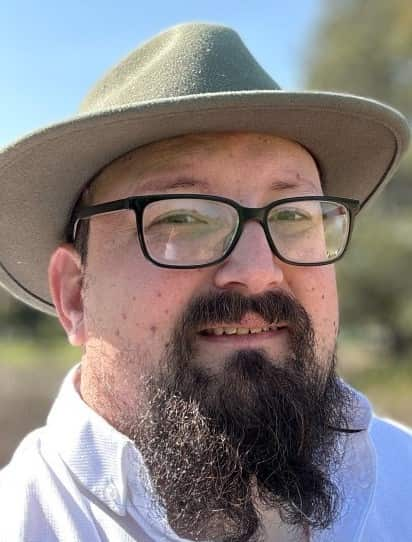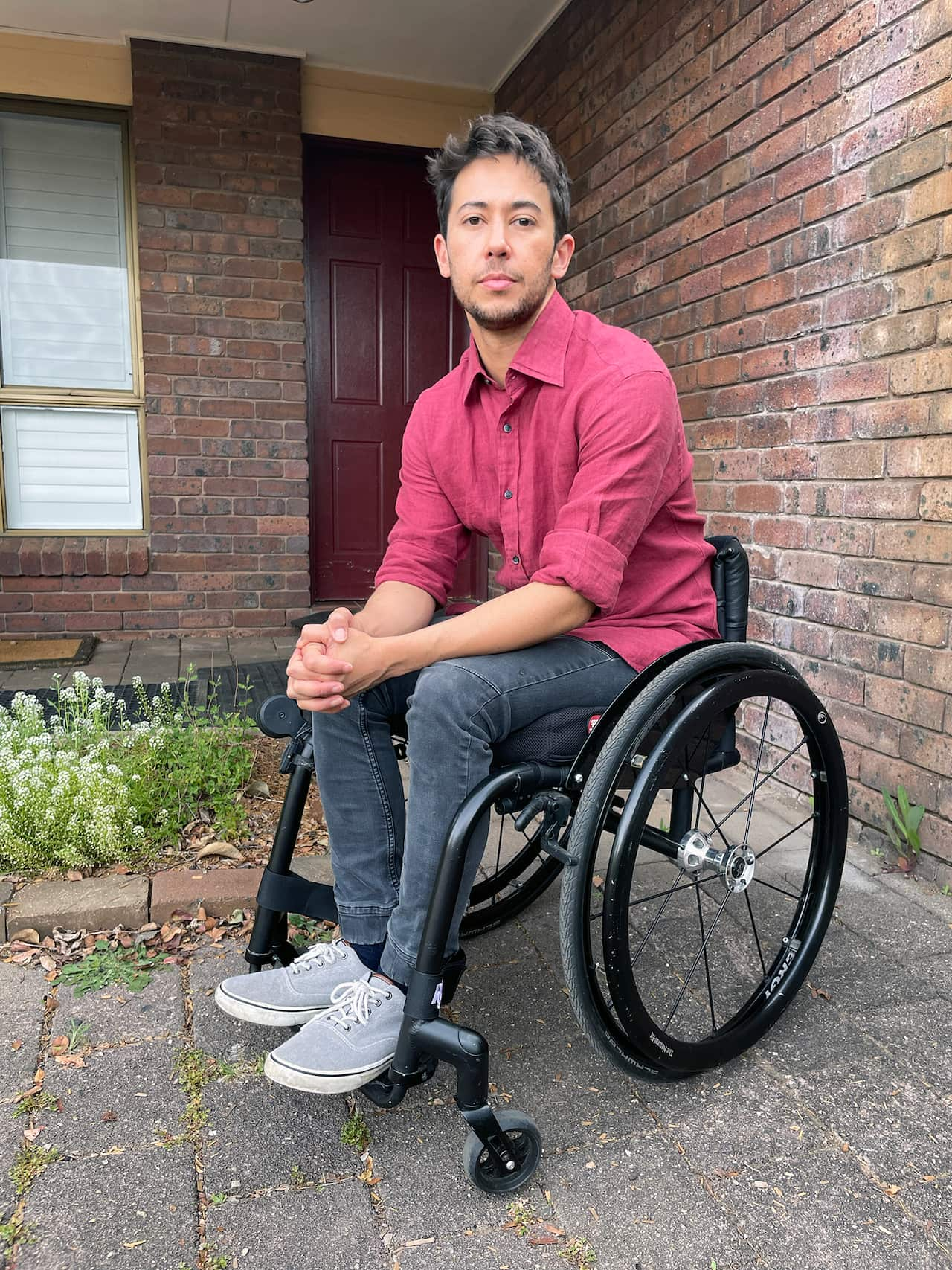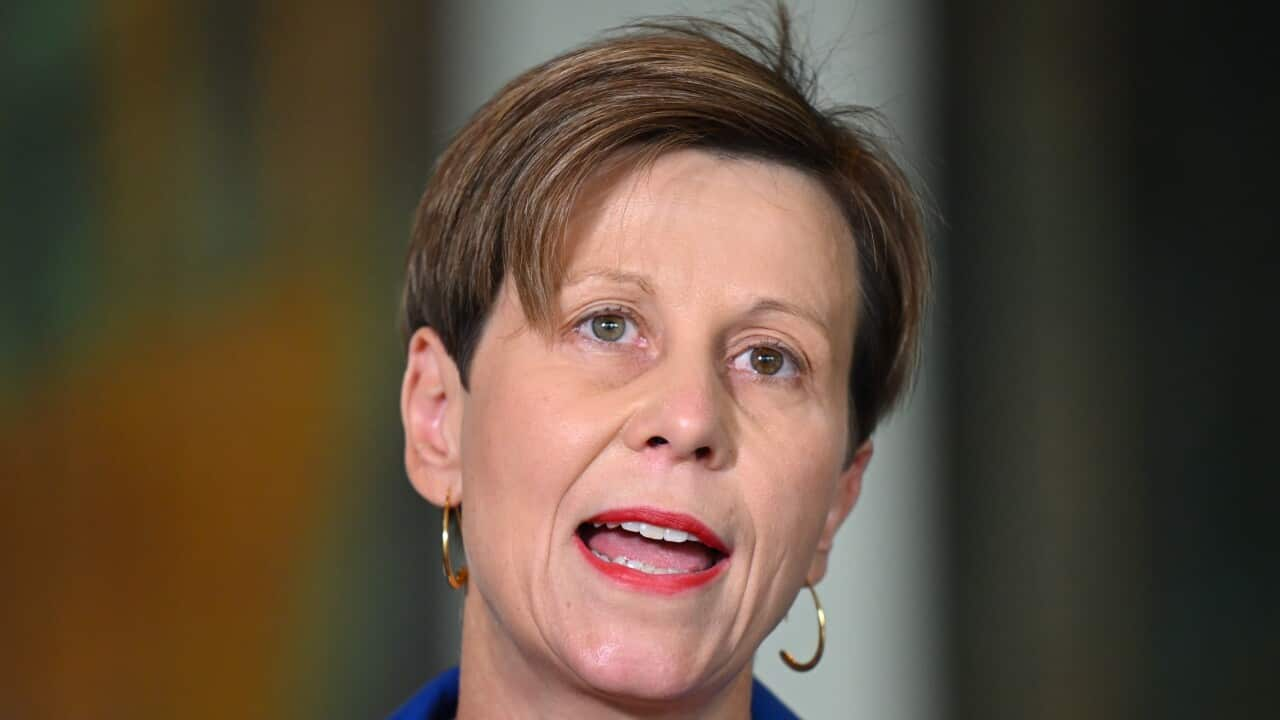Disability advocates have urged the government to "come clean" about the details of recently announced changes to the way National Disability Insurance Scheme (NDIS) participants over the age of 16 will have their support needs assessed.
Until now, NDIS participants have largely relied on reports written by health professionals to request certain levels of funding.
However, from mid-2026, these reports will increasingly be replaced by interviews lasting between one and three hours conducted by disability agency staff, NDIS Minister Jenny McAllister announced in late September.
McAllister said the new method "will be fairer, more consistent and easier to navigate for participants".
"We want providers and therapists to be freed up to spend time delivering supports to participants, not writing reports," she told SBS News.
The new assessment process will also use a digital tool — the I-CAN — a customised version of which has already been used for almost five years in the Disability Support for Older Australians program, McAllister said.
The tool will be applied alongside questionnaires assessing each individual's personal and environmental circumstances, with further targeted assessments for those with more complex disability support needs.
However, disability advocates have said McAllister needs to provide further clarity, warning that the new system could be "traumatising" to participants if their input isn't taken into account.
Trauma is 'real and it's large'
NDIS participant and advocate Jarrod Sandell-Hay is alarmed by the prospect of NDIS assessors coming into people's homes, something he said would be necessary if they wanted to truly understand people's needs.
"To do a thorough assessment of somebody's needs, you really do have to go into all aspects of their life," said Sandell-Hey, who has cerebral palsy and uses an electric wheelchair.
"How would you feel if you were a woman with a disability who has 70 per cent chance of being a survivor of sexual violence and having someone coming to your bathroom and asking you questions around how do you shower or how often do you get undressed or things like that, from a person you've never met before and a person that probably doesn't make you feel safe?

"And in the back of your mind, you understand that these three hours can make or break your next five years of funding — that's extremely traumatising.
"The trauma involved is real and it's large."
Another NDIS participant and advocate, Stevie Lang Howson, described the possibility of in-home visits from assessors as "degrading".
"Disabled people — and most Australians — aren't keen on the idea of a nice person from the government coming over to your house to look around and watch you make a cup of tea or get on or off the toilet," Lang Howson said.
"This is why it's essential that participants retain their right to have assessments done by qualified practitioners that we trust and have built a relationship with."

McAllister did not provide a specific answer to an SBS News question about whether the new system would involve in-person visits.
However, she said the government was "committed to continuing consultation" on the implementation of the plan, which was being rolled out in stages to allow participants to provide real-time feedback.
"The NDIA [National Disability Insurance Agency, which administers the NDIS] will continue to engage with participants, families, carers and the broader disability community to make sure that when support needs assessments are introduced from mid-2026, they work for everyone."
'Doesn't make a lot of sense'
The government has promoted the changes by pointing out that preparing professional reports from GPs or allied health practitioners is cost-prohibitive for some participants.
"It will mean the level of supports a person receives won't depend on whether they can afford to have a report prepared," McAllister told SBS News.
However, the changes are also partly motivated by the capacity of the NDIA, disability advocates say.
"They've already told the public that they don't have time to read our gigantic reports that are very detailed," Sandell-Hay said.
Former NDIA chief executive Rebecca Falkingham told Senate estimates in February that her staff "can't read the 280-page reports that they get".
Sandell-Hay said: "They're not that big, and if they're big, the reason why they're big is because the agency don't take our needs and our assessments seriously."
"A lot of us said: 'Yeah, okay, if you want to do these assessments, no worries, but you need to allow us to also give you reports and other evidence, and that evidence needs to be equally considered.'"
He also said the system moving away from professional reports towards self-reporting "doesn't make a lot of sense in my mind".
"If you have a look at recent decisions by the NDIS in legal procedures, they talk about how they don't really value self-assessment from participants.
"So it's a bit confusing: why they would choose a tool (I-CAN) that relies on — the majority of the tool relies on — the participant giving a self-assessment," he said.
Lang Howson agreed, saying: "We know the NDIA doesn't trust us to say what our support needs are without good evidence."
"If they trusted disabled people to just have a conversation about what we need, we wouldn't be seeing a 76 per cent increase in the numbers of participants in the tribunal right now.
"Some people have disabilities that make it harder to self-report. And we know the NDIA already assumes that people are exaggerating their needs."
However, it remains unclear whether assessors will have any obligation to consider professional reports submitted under the new system.
"Participants will be able to submit their own reports to help the support needs assessor understand their situation," McAllister said, while not directly answering questions about whether they would be obliged to read these reports.
"We are developing a comprehensive needs assessment which reduces the need for individuals to supply additional information or supporting evidence."
Lang Howson said McAllister "must come clean about how our NDIS budgets will be calculated and what evidence will be used and explain the full extent of any automation, templating or algorithmic inputs".
"I don't believe for a moment that they will decide if we get zero dollars or $200,000 in our NDIS budget based on a 'conversation'," he said.
SBS News asked the minister whether the way budgets are calculated under the new system would be transparent but did not receive a direct response.
For the latest from SBS News, download our app and subscribe to our newsletter.

